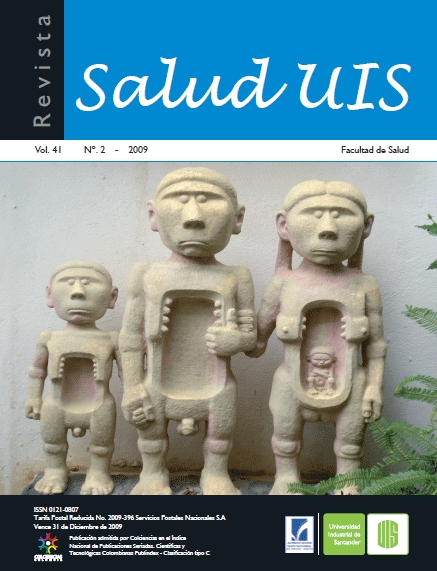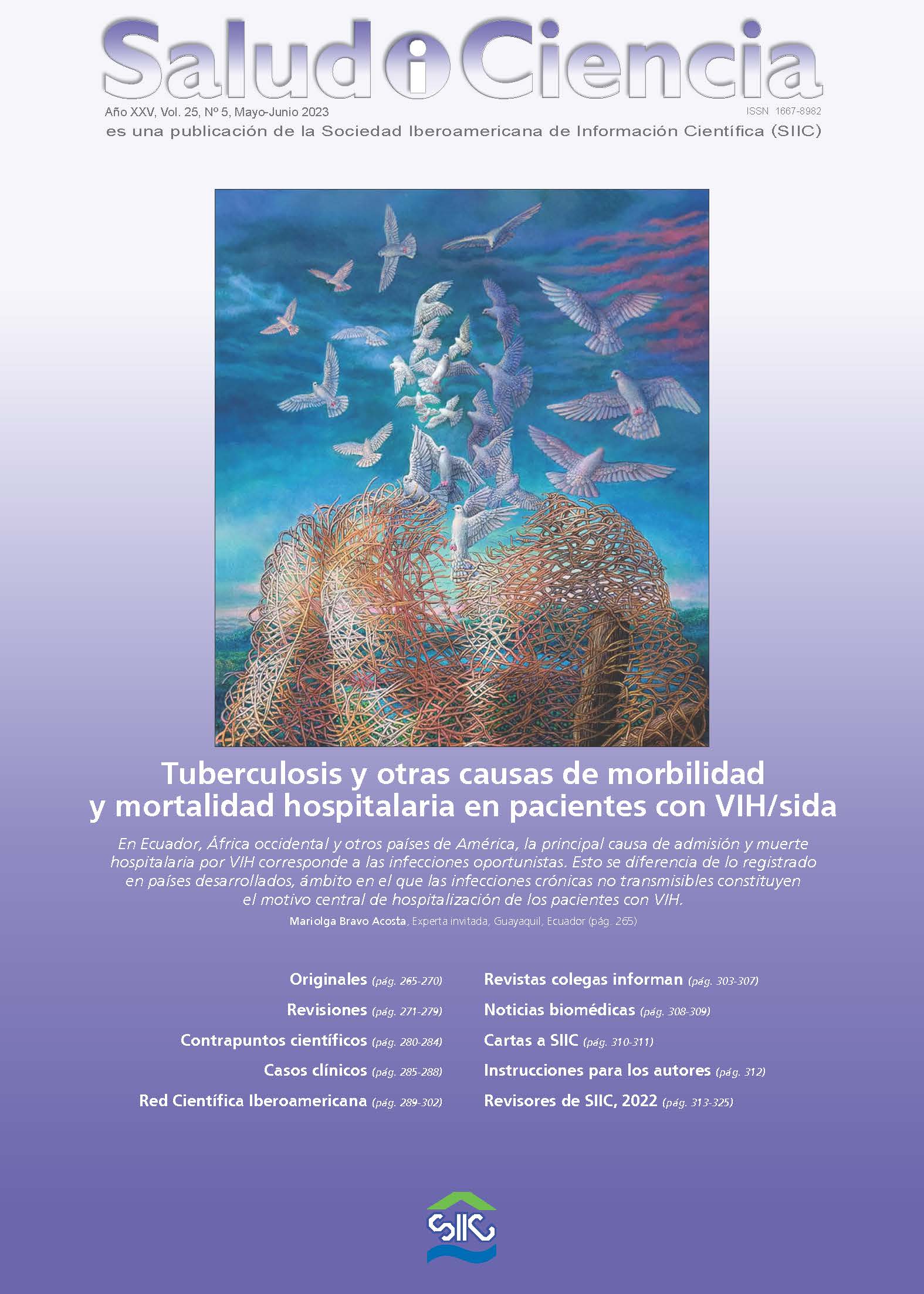Resum
BACKGROUND: Colombia hosts the largest population of Venezuelan migrants, more than 1.7 million, as of March 2021. People living with HIV (PLHIV) are among those leaving Venezuela, often in search of better healthcare. However, most migrants enter Colombia with irregular immigration status and do not have access to national health services, including HIV care, and can access only emergency services and vaccines. We describe access to HIV care and treatment before and during the COVID-19 pandemic for recently migrated Venezuelan adults residing in Colombia. METHODS: We conducted formative research for a biobehavioral survey of recently migrated (since 2015) Venezuelan adults ('¥18 years) residing in Bogotá, Soacha, Barranquilla, and Soledad. In-depth interviews (IDIs) were conducted with 24 stakeholders and 31 adult migrants, between June and October 2020 and April and June 2021, respectively. During the latter timeframe, a single focus group discussion was held with adult migrants. Stakeholder interviews included staff and healthcare workers from humanitarian organizations and government entities. The 31 adult migrants included 16 males, 15 females, 10 PLHIV, and 21 non-PLHIV. Transcripts were thematically coded in ATLAS.ti following study domains and new codes were generated as themes emerged. RESULTS: Participants reported migrants' barriers to accessing HIV care and treatment, including immigration status and navigation of healthcare options, prior to the COVID-19 pandemic. Humanitarian organizations significantly facilitate healthcare provision for migrants, both prior to and during the pandemic. Multiple impacts to HIV healthcare provision during the first year of the pandemic include inadequate healthcare staffing and delay or pauses in services (e.g., antiretroviral medications (ARVs) delivery and rapid HIV testing). Participants also reported healthcare organizations utilizing telehealth appointments, delivering ARVs to patients' homes, and disseminating sexual health information via electronic channels. Participants experienced continued necessity for in-person services like HIV testing and medication pick-up due to service delays and inadequate medication supply. CONCLUSIONS: COVID-19 exacerbated existing challenges to accessing HIV care and treatment in addition to creating new disruptions in the HIV care continuum for Venezuelan migrants in Colombia. Despite telehealth availability and medication delivery during early peaks in the pandemic, these results emphasize a continued need for in-person services.
Autoria:
DAS, Sagarika;
STEVENSON. M.;
GUILLÉN CAÑIZARES, José Rafael;
WIRTZ, A.;
ARCINIEGAS, S.;
BEVILACQUA, K.;
ORTIZ MELO, J. L.;
LÓPEZ AVENDAÑO, J. J.;
PAGE, K.;
SPIEGEL, P.;
ABDUL QUADER, A.;
RUISEÑOR ESCUDERO, H.






